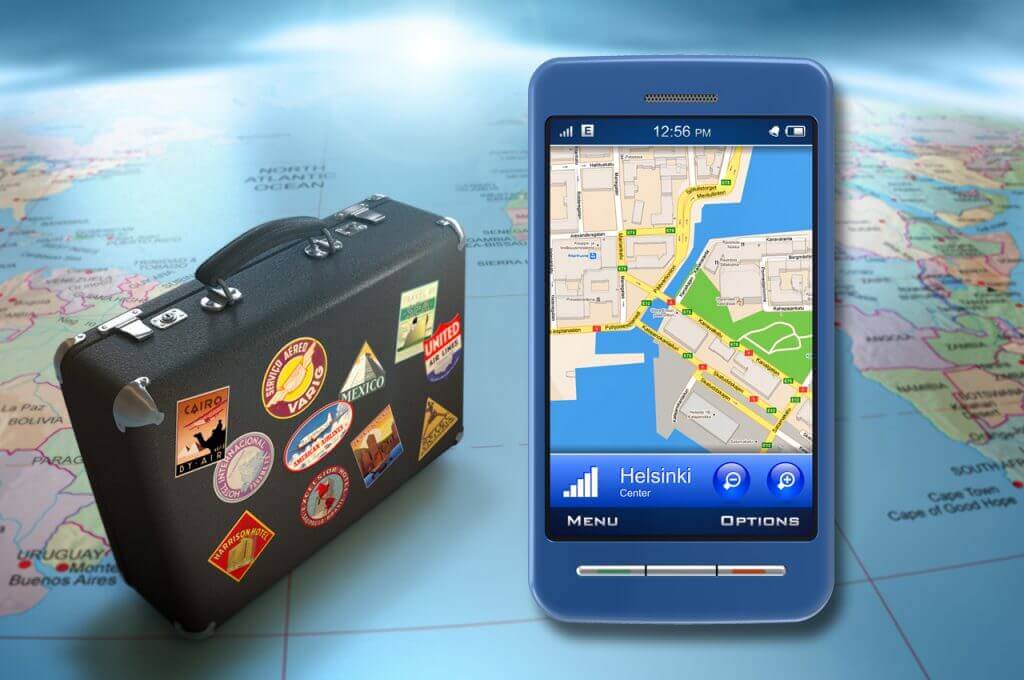
With travellers’ behaviour becoming ever more dynamic and socially connected through the use of mobile technology, tourism practitioners stand to benefit from a distinct conceptualisation of the travel context.
The researchers suggest a conceptual framework for understanding the context in which travellers’ behaviour takes place, and anticipate that it will be particularly beneficial for developing simple to use mobile systems that are relevant to travellers’ needs.
Travellers have become familiar with using information technology (IT) to search for travel-related information and organise their trips, the researchers note. The growth of mobile technology, in particular, has significantly changed the way in which the Internet is used for travel-related purposes. One important feature of mobile technology in this regard is that it can take the user’s context into account.
The researchers suggest that context is an important factor in human-computer interaction because a context-aware computer can “sense and respond to aspects of the setting” in which it is being used. The information that computers use to situate travellers may include the time and place of use, and can provide “implicit cues about the objects of interest such as people, places, events, things, information, and media”. For instance, a user searching for a specific type of product or arriving at a certain location “gives rise to the need for different communication services” and allows tourism businesses to “engage with their potential customers”.
Many mobile apps depend on the user’s location, which enables information to be provided about nearby points of interest, restaurants, hotels and so forth. The researchers note that the challenge for contextual computing is on how to improve personalised information and recommendations related to tourism, and other aspects related to “social interaction and mobile commerce”.
The researchers argue that early examples of mobile tourist guides suffered from a lack of detailed information, but developments in mobile technology now allow a much wider range of contextual information to be put to use. However, developments in this area are still hindered by the lack of a “well defined and articulated” notion of context, which is necessary for the development of effective mechanisms to assist travellers.
In response to this situation, the researchers set out to define the notion of context in relation to the “mobile technological environment in travel and tourism”. They aim to offer a richer and more adequate understanding of context in the mobile tourism setting, and then “develop a foundation to understand the new possibilities to support on-the-go tourists’ needs”.




